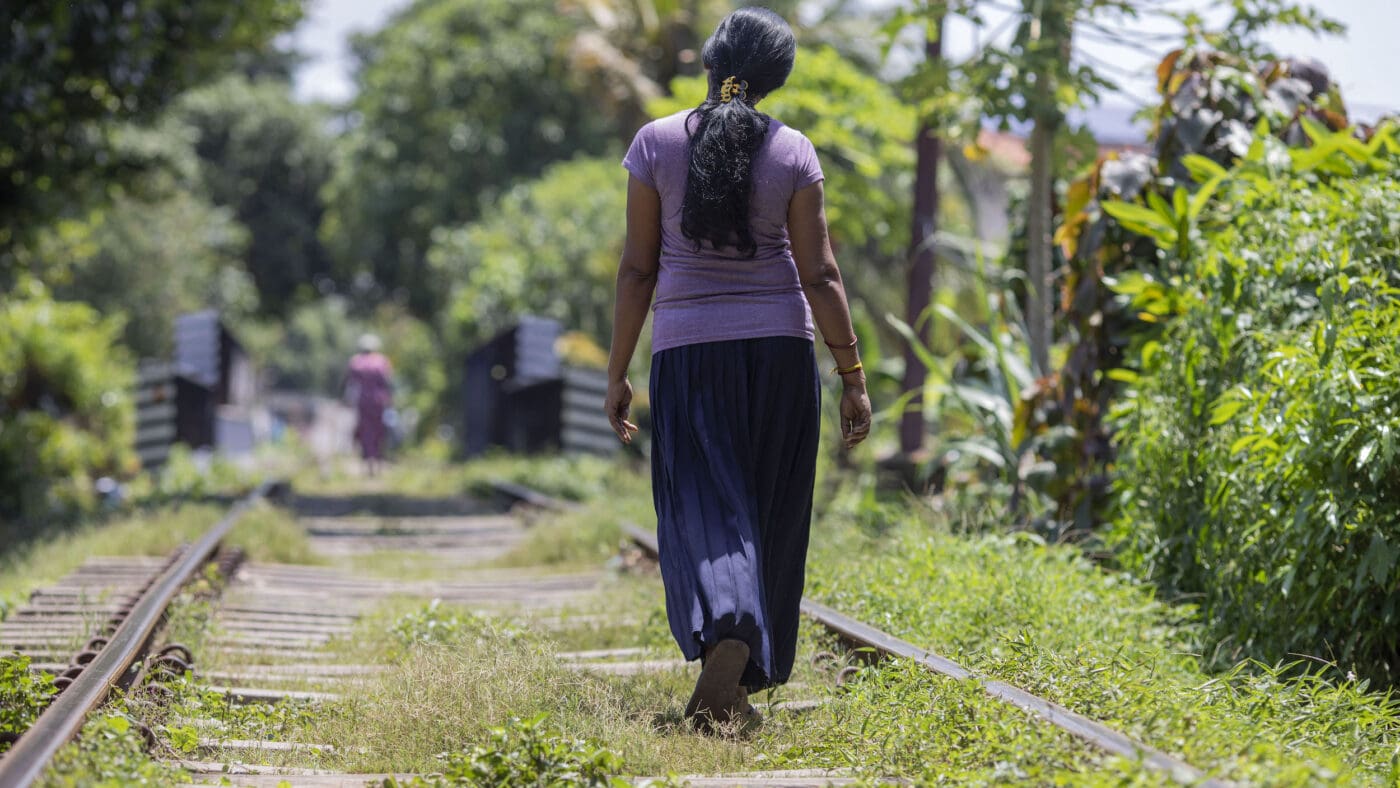
SRi Lanka
Economy in Crisis
Sri Lanka is suffering an economic crises that’s causing food shortages and rising prices, pushing families into poverty and hunger
of Sri Lanka’s land is in dry and intermediate zones which face frequent water shortages
of children under 5 suffer from wasting
people are food insecure
instability & poverty
Sri Lanka is experiencing its worst economic crisis. Food shortages and a spike in the cost of living is limiting people’s access to healthy and affordable meals. More than 6 million people – nearly 30 percent of the population – are currently food-insecure and require humanitarian assistance. The economic crisis will push many families into hunger and poverty for the first time.
In addition, weather extremes such as droughts, floods and landslides are heightening food and nutrition insecurity.
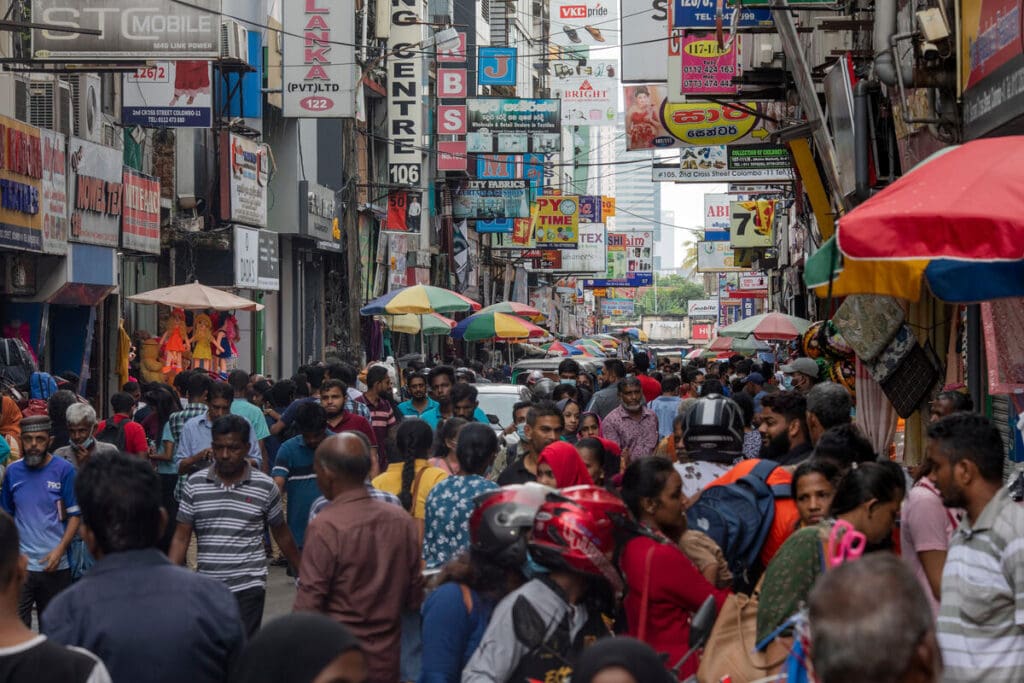
WFP’s Work in Sri Lanka
Despite the challenges, here’s how we’re fighting hunger and building sustainability.
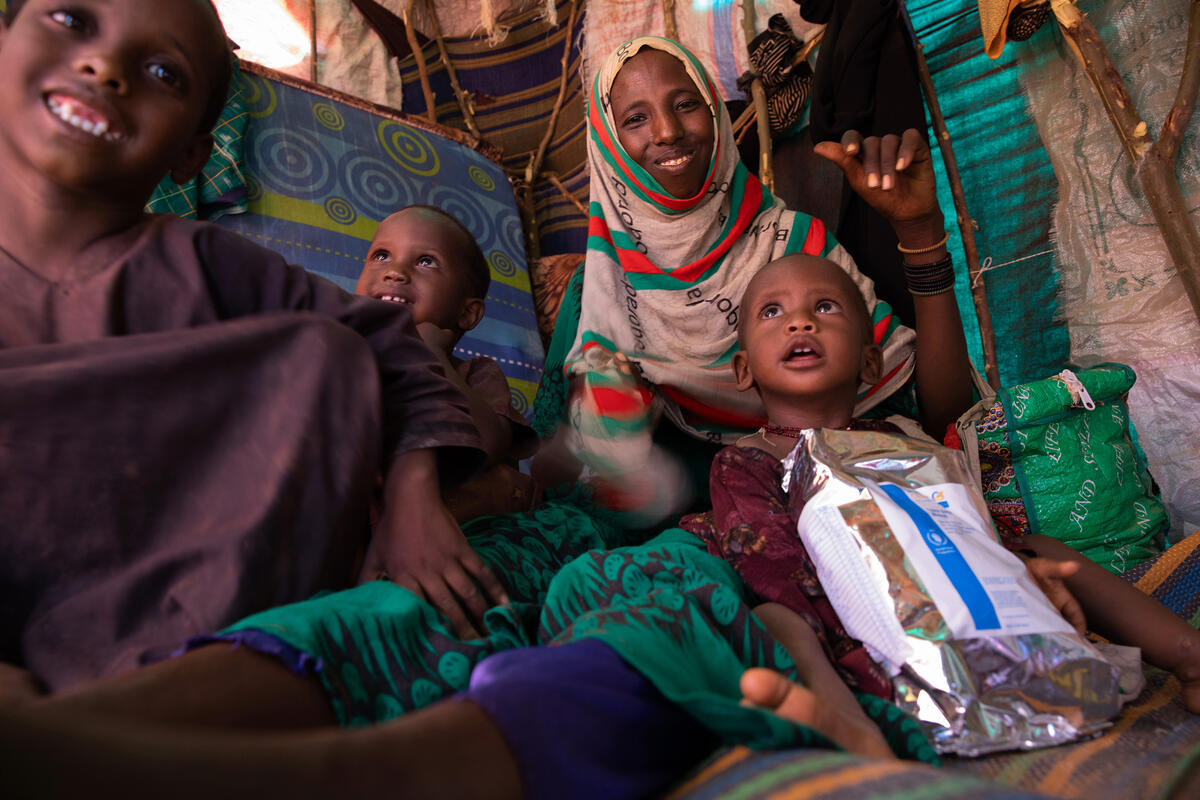
WFP works to reduce undernutrition among women and children. We focus on the treatment of moderate acute malnutrition through targeted supplementary feeding for children aged 6 months to 59 months and pregnant and nursing women.

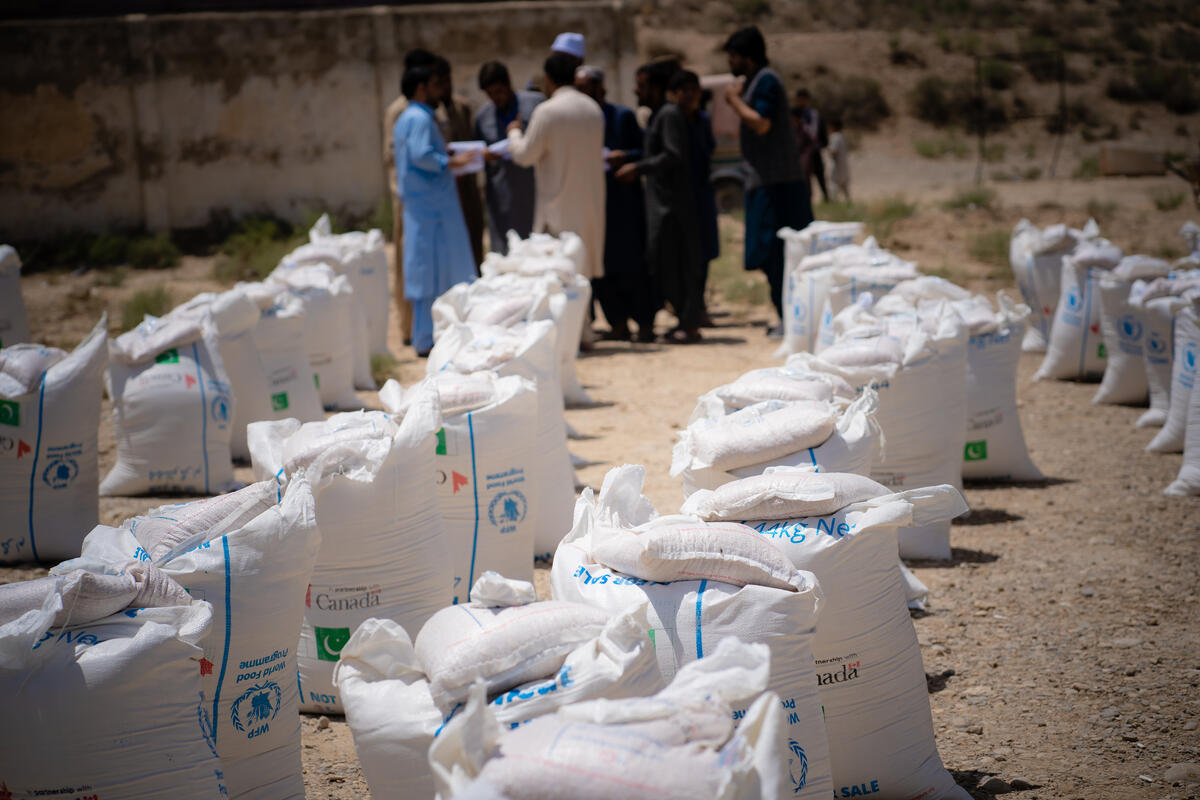
This sturdy safety net for 160,000 children provides nutritious mid-morning meals in the northern province, contributing to increased attendance, retention rates and improved learning performance.

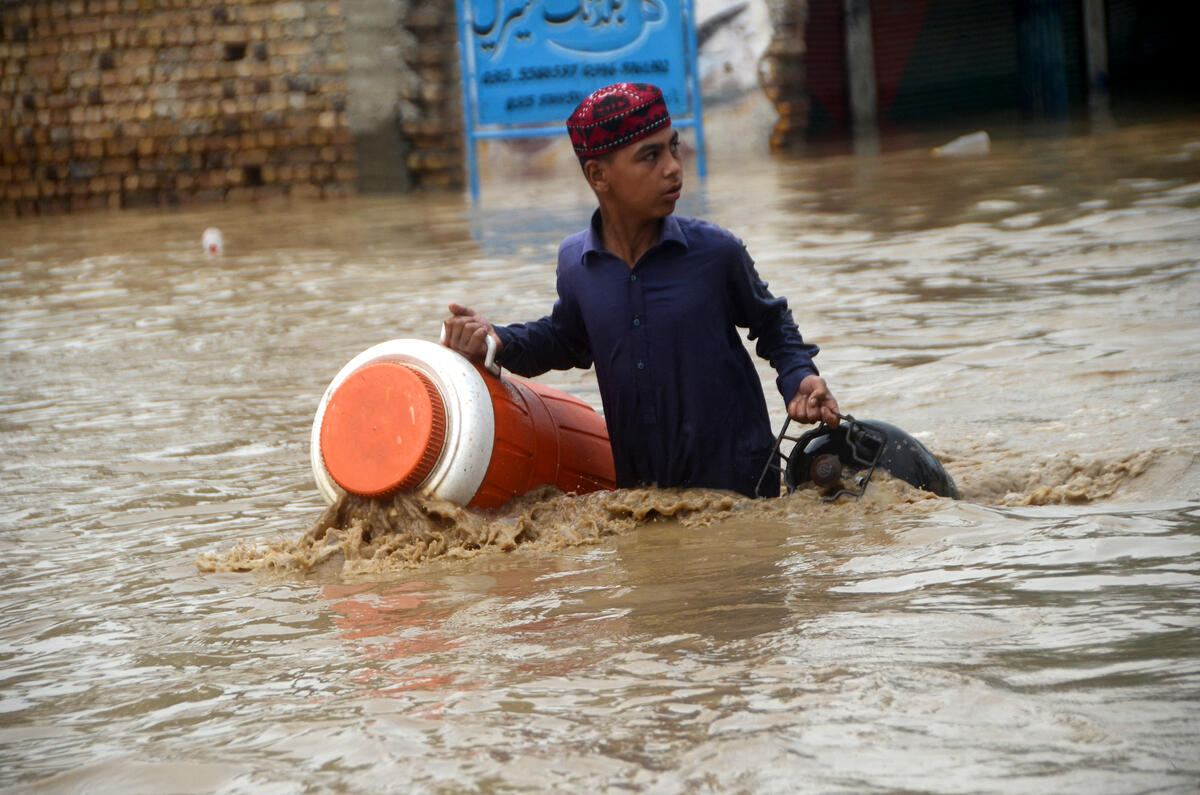
WFP supports resilience building programs against climate shocks through enhancing food security among vulnerable subsistence farmers, women’s groups and lagoon fishermen through improved and diversified livelihoods in the least resilient communities.

You Can Help Save Lives
When you donate, you help us deliver critical food relief to the most vulnerable people in Sri Lanka and other countries around the world. You can make difference in someone’s life – send food today.
News & Updates from Sri Lanka
Read the latest articles on hunger issues and WFP’s work in Sri Lanka.



